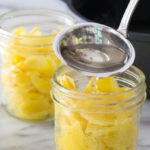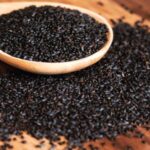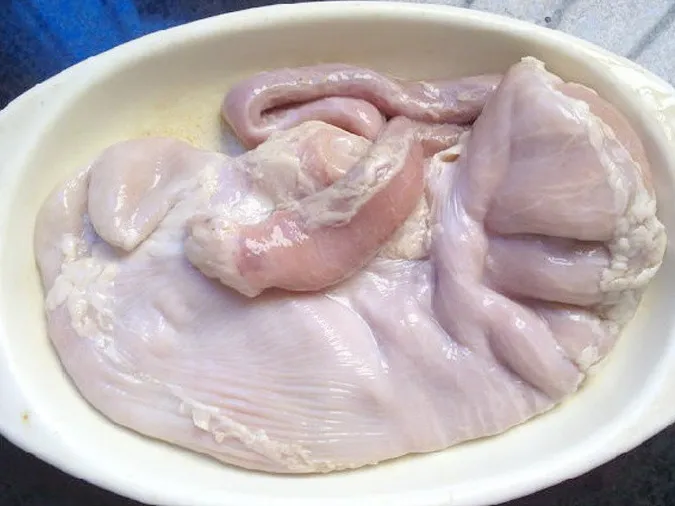There are numerous types of sugar that can serve as alternatives to the sugar we commonly use daily. One such alternative is maltitol, and this article will delve into the specifics of this sugar substitute, exploring its nature, benefits, and practical applications.
1 Understanding Maltitol
Maltitol is a unique form of sugar that typically occurs as a white crystalline powder or a clear, colorless liquid. It exhibits high solubility in water but remains insoluble in methanol and ethanol. One of its notable characteristics is its strong hygroscopic property.
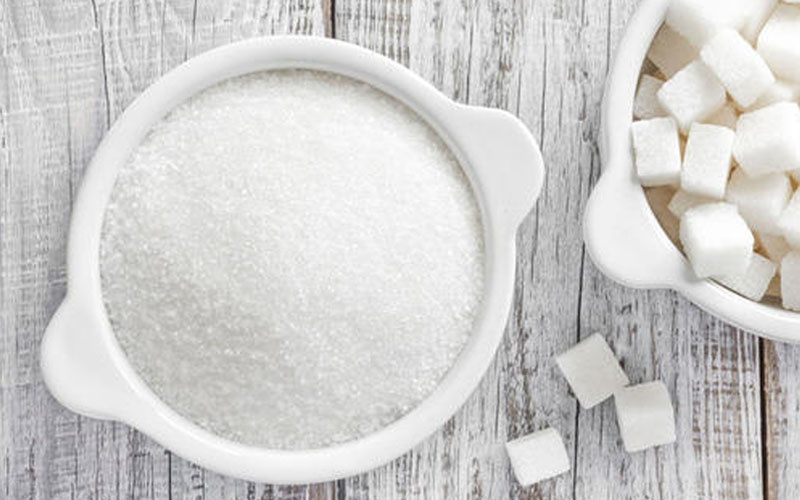 Maltitol: A Sugar Alcohol
Maltitol: A Sugar Alcohol
Maltitol is classified as a sugar alcohol, and it occurs naturally in certain fruits and vegetables. This natural sweetener has a taste profile similar to that of table sugar but with some distinct advantages.
Dive Deeper: Explore the world of sugar alcohols and uncover their potential health benefits.
2 The Benefits of Maltitol
One of the key advantages of maltitol is its similarity in sweetness to table sugar, but with a significantly lower calorie count. This attribute makes it ideal for weight loss diets and managing blood sugar levels. Additionally, its pleasant aftertaste can enhance adherence to a low-calorie diet or help those with diabetes.
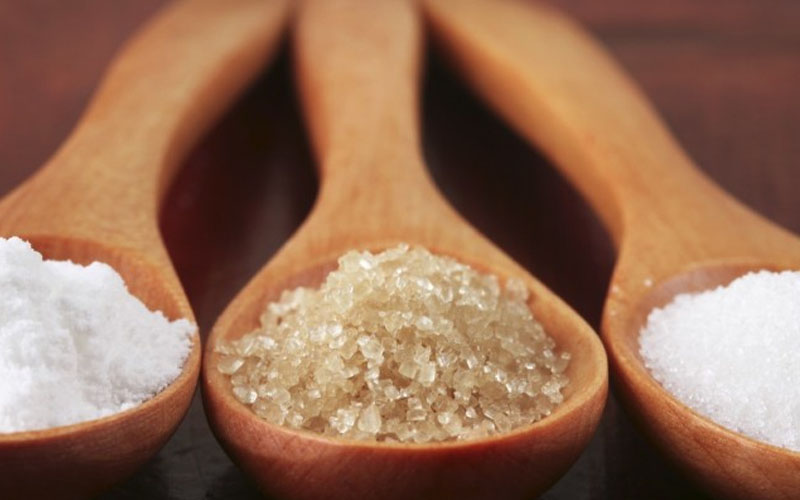 Maltitol’s Role in Weight Loss
Maltitol’s Role in Weight Loss
Unlike traditional table sugar and other sweeteners, maltitol does not contribute to tooth decay, which is why it is commonly used in confectionery and chewing gum, including sugar-free options.
3 Practical Applications of Maltitol
Maltitol has gained widespread adoption globally due to its high sweetness, comparable to that of table sugar. This attribute allows it to be used as the sole sweetener in various applications, eliminating the need for blending with other sweeteners.
It is commonly employed as a sugar substitute in food manufacturing and confectionery. Additionally, maltitol can replace fat in certain food structures, such as ice cream, providing a healthier alternative.
 Candy Production with Maltitol
Candy Production with Maltitol
Maltitol is extensively used in the production of candies, sugar-free chewing gum, baked goods, and ice cream. It is particularly popular in the creation of sugar-free ice cream, providing a sweet taste without the calories.
Furthermore, maltitol serves multiple functions in food products, acting as a food additive, humectant, nutritional sweetener, processing aid, structure-forming stabilizer, and surface-active agent.
4 Recommended Dosage of Maltitol
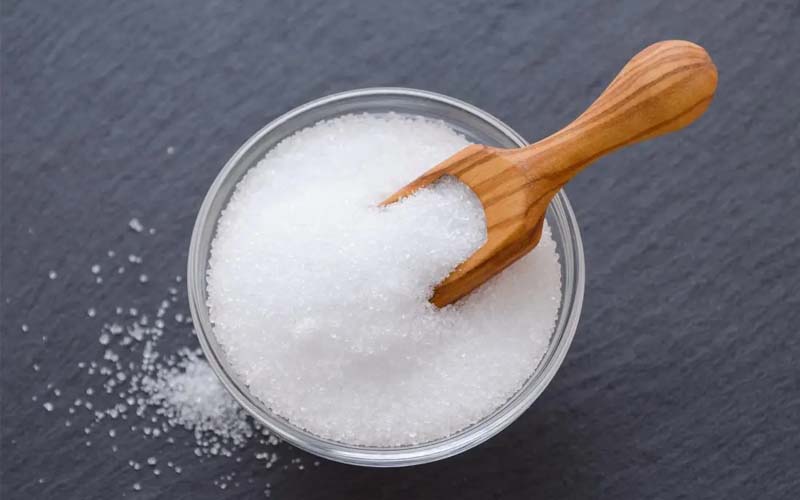 Daily Intake Guidelines for Maltitol
Daily Intake Guidelines for Maltitol
When it comes to dosage for high-level sugar replacement, here are the recommended percentages: 99.5% in hard candy and cough drops, 99% in sugar substitutes, 85% in soft candy, 75% in chewing gum, 55% in jams and jellies, and 30% in cookies and sponge cakes. It is important to note that when used as the sole sweetener, the suggested daily intake of maltitol is 90g.
5 Maltitol and Weight Loss: The Connection
While maltitol is a type of carbohydrate, it behaves differently from other carbs. Carbohydrates are typically digested by the time they reach the end of the small intestine. However, maltitol, being a sugar alcohol, is only partially digested in the small intestine before moving to the large intestine.
In reality, the small intestine only absorbs 5% to 80% of maltitol. Additionally, maltitol boasts a glycemic index (GI) of 35, significantly lower than that of regular sugar. This, coupled with its low-calorie content, makes it an ideal sugar substitute for a keto weight loss diet.
6 Can Maltitol Replace Regular Sugar?
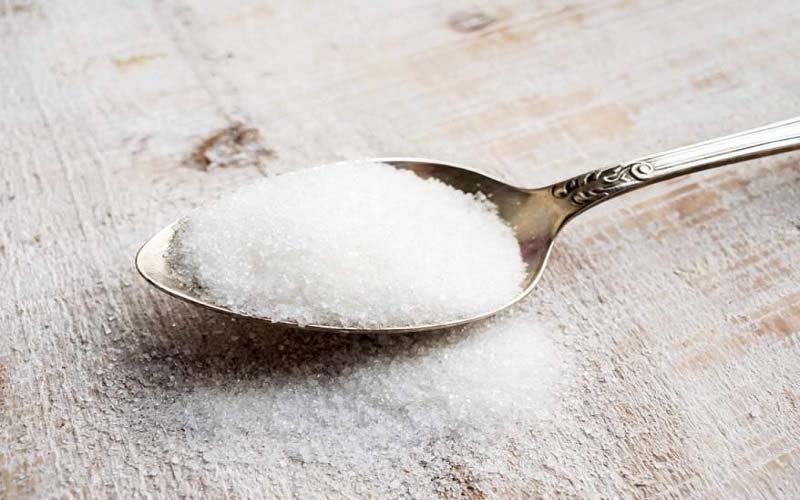 Maltitol as a Sugar Substitute
Maltitol as a Sugar Substitute
Maltitol, with its high sweetness, is indeed a safe alternative to sugar. However, it is important to remember that it is still a type of carbohydrate and, as such, has a glycemic index. This means it can affect blood sugar levels, albeit to a lesser extent than regular sugar.
7 Alternative Sweeteners to Maltitol
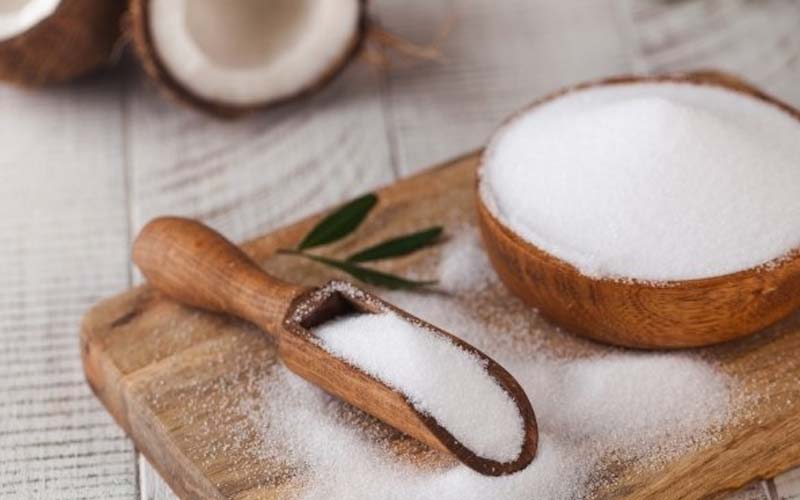 Exploring Other Sweetening Options
Exploring Other Sweetening Options
Maltitol is commonly used as an additive, and less frequently as a standalone sweetener. If you experience bloating or stomach pain when consuming maltitol, there are alternative sweeteners available. The following options can be easily incorporated into cooking and baking:
- Stevia: A natural sweetener derived from the stevia plant, native to South America. Stevia leaf extract is 200 to 300 times sweeter than sugar and contains zero calories.
- Erythritol: Another sugar alcohol that has no glycemic index and contains fewer calories. Erythritol is gentle on the stomach and does not cause pain or bloating.
- Allulose and Other Natural Sweeteners: Allulose, or D-psicose, is a rare natural sweetener found in nature, boasting a higher level of sweetness than regular sugar.
In conclusion, maltitol is a low-calorie sugar alcohol that can effectively replace table sugar in various food and confectionery applications. This article has shed light on the nature, benefits, and practical uses of maltitol, empowering you to make informed decisions about its incorporation into your diet.
The Surprising Seven: Discover the Astonishing Benefits of Avocados in Your Daily Diet
Avocados have earned the title of a “superfood” and for good reason. This creamy, versatile fruit is packed with nearly 20 essential vitamins and minerals, including potassium, lutein, and folate. It’s also rich in fiber, healthy fats, and low in sugar, making it a nutritional powerhouse with a wide range of health benefits.

























